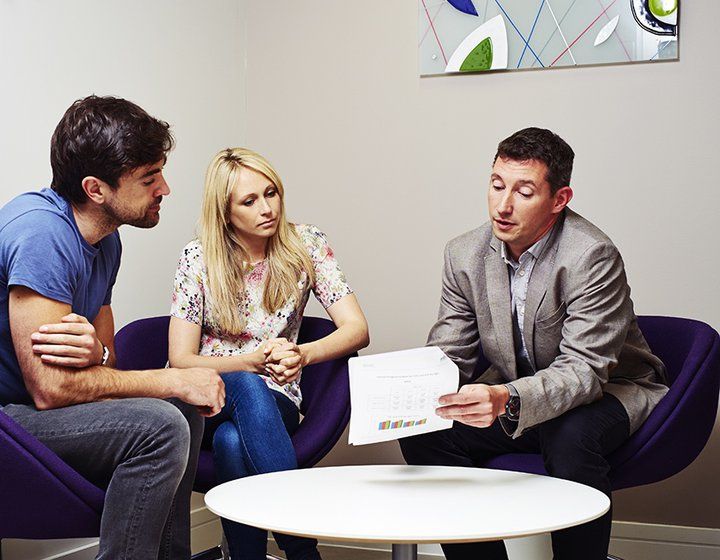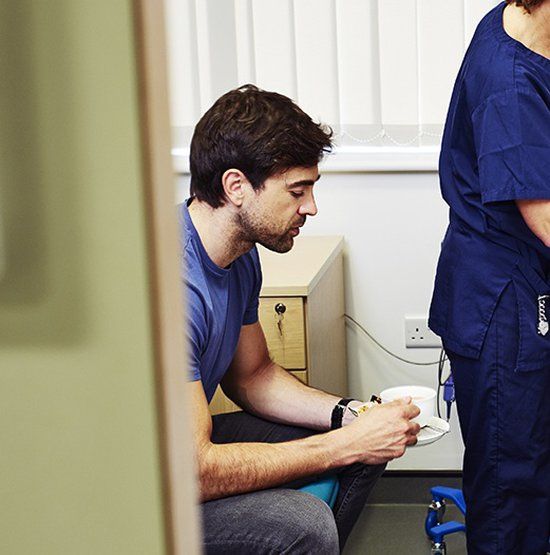
It’s not just middle-aged women who need help to conceive. Did you know we help many women in their 20s and early 30s to have a baby through IVF and other fertility treatments?
This week (31 Oct – 6 Nov) is National Fertility Awareness Week– the annual event of Fertility Network UK – and this year one of its five focus areas is the myth that infertility is an ‘older’ woman’s issue.
But why would someone younger need IVF? Is IVF the only option? And what are the real chances of success?
In the first of a special series of five blogs for National Fertility Awareness Week, we explore infertility in younger patients, its causes and how we can help you:
Trouble getting pregnant: Causes of infertility in your 20s and early 30s
Your fertility is at its peak when you’re young, with plenty of high quality eggs and strong, healthy sperm counts. So not getting pregnant as quickly as you’d like is often an indication of a potential issue that needs to be explored.
Common causes of fertility issues in this age group include:
- Ovulatory problems: The sperm has to meet the egg at exactly the right time and there’s only a short window when this can happen every month. If you have an irregular menstrual cycle, this can make pinpointing ovulation – and timing intercourse accordingly - difficult.
- Tubal issues: Blockages or scarring to the fallopian tubes are not uncommon at this age, but you won’t realise that you’re affected. The egg cannot travel down the tube to be met by the sperm.
- Sperm problems: Your partner may have a low sperm count, or sperm that isn’t as motile as it should be. This makes it difficult for the sperm to reach the egg. Or he may have sperm with high DNA damage – a hidden cause of unexplained infertility.
- Diagnosed conditions: Conditions such as Endometriosis and Polycystic Ovarian Syndrome (PCOS) can affect natural fertility and ability to conceive. Some women are affected by Premature Ovarian Failure at this age, where normal ovarian function stops. Other women go through Premature Menopause.
If you’ve been trying to conceive for some time, it’s important to get prompt fertility testing, which will reveal if there is an issue. It’s important to identify if there is a reason you’re not getting pregnant sooner rather than later, as if you do need IVF, success rates are higher the younger you are. Our private Fertility MOT tests offer thorough fertility investigations for both men and women, including semen analysis, ovarian reserve tests and ultrasound scan. We also offer SpermComet, which analyses DNA damage in sperm.
Fertility treatments
Treatments for Ovulatory Disorders:Ovulatory disorders and conditions such as PCOS can be overcome through induction of ovulation, where your ovaries are stimulated to produce a mature egg using a tailored dose of fertility medication. This technique is used if you are failing to ovulate, but you have normal, open fallopian tubes and your partner’s sperm is normal. Once ovulation begins, you can then have normal intercourse, or it can also be used in conjunction with IUI – intrauterine insemination – using your partner’s sperm.
Treatments for Tubal Issues:IVF overcomes any issues with fallopian tubes as your eggs are collected once mature and fertilised in our laboratory with your partner’s sperm. IVF may be used in conjunction with ICSI, if your partner’s sperm also shows an issue.
Treatments for Sperm Issues:ICSI – Intracytoplasmic Sperm Injection – is the most common treatment for male fertility issues, including if your partner has DNA-damaged sperm. The sperm sample is analysed and a single, healthy sperm extracted and injected directly into the egg to fertilise it.
Treatments for Diagnosed Conditions:Recommended treatment for PCOS involves induction of ovulation followed by insemination or IVF; for Endometriosis the approach is usually IVF, but this is dependent upon its severity. Although menstrual cycles can still occur with Premature Ovarian Failure, the highest chance of success is usually using donor eggs, the same approach for Premature Menopause.
Success Rates
The good news for younger women is that success rates for treatments such as IVF are at their highest in this age group. At Manchester Fertility, over 53% of women under 35 achieve pregnancy with us.
The main factors affecting success rates are your age, the quality of your eggs, your partner’s sperm and therefore the quality of the embryos you produce.
At Manchester Fertility our years of expertise, combined with the use of innovations and techniques including time-lapse EmbryoScope monitoring and EmbryoGlue, give you the highest chance of success no matter what your diagnosis.
Help getting pregnant
If you’d like our help to have a baby, speak to our friendly Patient Advisors on 0161 300 2737 or book in for a private one-to-one. This is a free, no obligation session where you can ask us any questions you have about our approach, treatment options and success rates. You can also apply online.
In our next blog for National Fertility Awareness Week, we’ll be talking about the need for multiple cycles – a reality of fertility treatment for many couples.
Last updated: 20th January 2020








